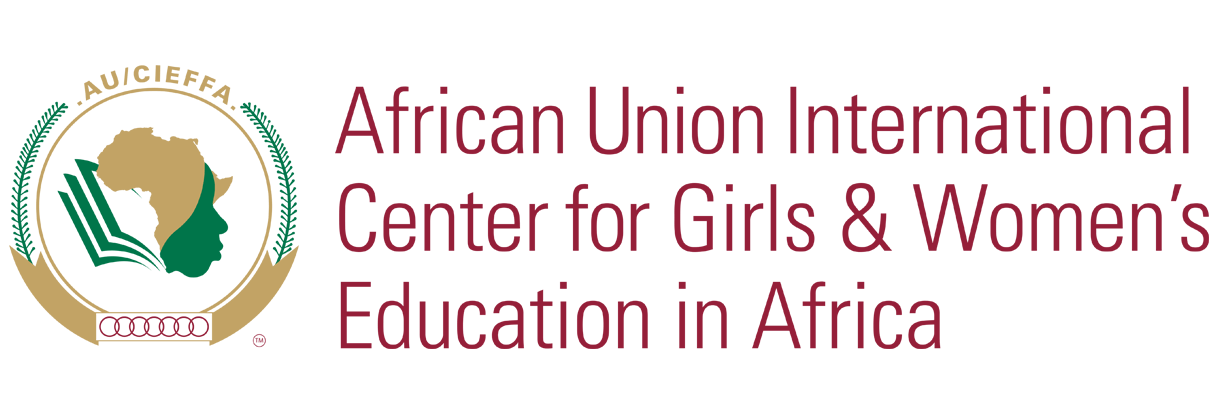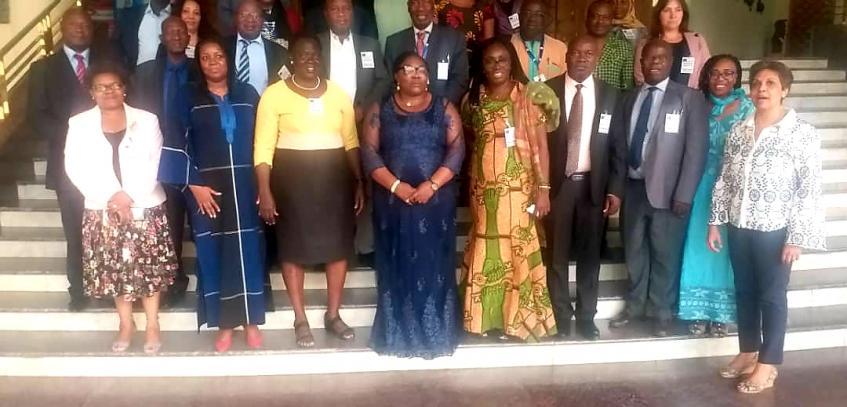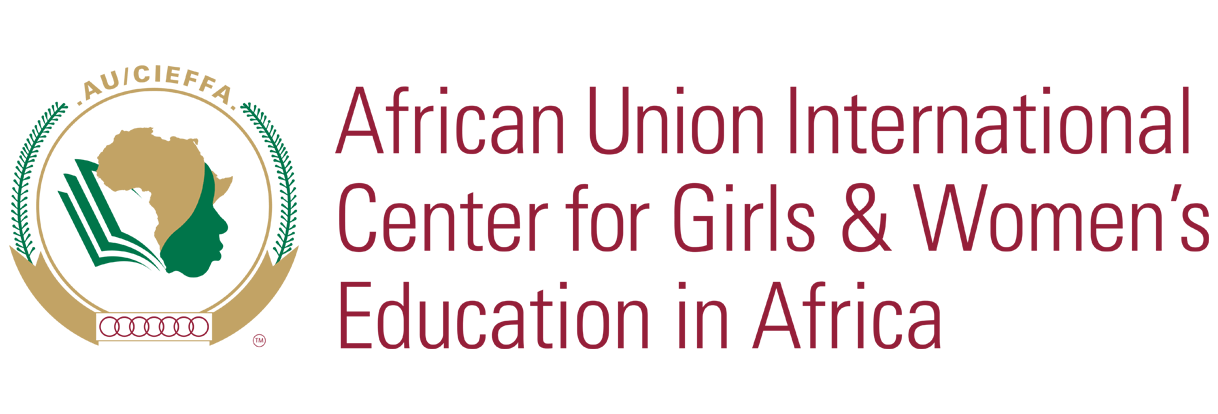Addis Ababa, Ethiopia, 12thDecember 2019 – The African Union International Centre for Girls’ and Women’ Education in Africa (AU/CIEFFA) and partners reiterated the urgent need to systematically integrate gender equality into the education sector planning developmentin Africa. This is the call that was issued during a side-event organised during the 3rdAfrican Union Specialised Technical Committee on Education, Science and Technology (STC-EST) in Addis Ababa, Ethiopia on 12thDecember 2019.
The meeting was aimed, among other things, at raising awareness and understanding of Member States about the Gender Equality Strategy for the Continental Education Strategy for Africa 16-25 (GES4CESA), sharing experiences and discussing ways and means for an effective implementation of gender equality in education. The GES4CESA is a tool developed to assist Member States in reorienting their education and training systems in order to ensure as many girls and women acquire the knowledge, competencies, skills, innovation and creativity required to foster Africa’s development. It was jointly developed by the AU/CIEFFA and the Forum for African Women Educationalists (FAWE) with the support of UN Girl’s Education Initiative (UNGEI).
“I would like to commend the efforts undertaken by AU/CIEFFA in collaboration with FAWE, the Government of Norway and Save the Children in advancing the agenda of girls’ education in Africa and the implementation of this GES4CESA”, said Her Excellency Prof. Sarah Anyang Agbor, Commissioner for Human Resources, Science and Technology of the African Union Commission.
She further pointed out the persistent barriers to girls’ education despite the ongoing progress and existing policies, such as the CESA 16-25, which in its 3rdpillar highlights the need to mainstream gender equality throughout the education and training systems. Her Excellency Prof. Sarah Anyang Agbor also underlined the key role the GES4CESA will play in closing the gaps we currently observe in the educational systems on the continent.
Ministers and education experts from Member States highlighted some advances in girls’ education. As a matter of fact, a lot of progress has been made in the area of access to education and some countries have even witnessed a significant increase of the number of female teachers. However, challenges are still numerous in the areas of retention and completion. This is mainly due to early marriages and pregnancies, lack of gender sensitive school infrastructures, conflicts, etc.
To tackle the above issues, they underscored the need to publicize the GES4CESA and accelerate its ownership at national level. In this regard, they urged the AU/CIEFFA and its partners to develop strategies in order to raise awareness on this very important document and strengthen countries’ capacities for its smooth implementation at national level. Experiences from some Malawi South Sudan and Zimbabwe clearly showed that countries receiving training sessions on Gender-responsive education sector planning (GRESP) and GES4CESA are performing well in girls’ and women’s education.
Some countries emphasized the need to also consider issues pertaining to the vulnerability of girls and women IDPs, refugees and returnees. This requires that education stakeholders design a gender responsive pedagogy that include all the specificities related to girls’ education in humanitarian and crisis contexts.
To enhance coherence and ensure maximum impact, all stakeholders and partners working in the area of education were called upon to avoid duplication and hence, coordinate and align their initiatives.
Note to editors:
The African Union International Centre for Girls and Women’s Education in Africa is a specialized institution of the African Union under the Department of Human Resources, Science and Technology. The Centre aims to promote girls’ and women’s education with a view towards their full participation in the eradication of poverty and the edification of a peaceful world for sustainable human development. Its mandate is in line with the vision of Agenda 2063, especially its aspiration 6, which calls for full gender equality in all spheres of life, as well as the strategic objective 5 of the Continental Education Strategy for Africa (16-25) on accelerating processes leading to gender parity and equity in Africa.
AGENDA 2063 is Africa’s blueprint and master plan for transforming Africa into the global powerhouse of the future. It is the continent’s strategic framework that aims to deliver on its goal for inclusive and sustainable development and is a concrete manifestation of the Pan-African drive for unity, self-determination, freedom, progress and collective prosperity pursued under Pan-Africanism and African Renaissance. Learn more https://au.int/en/agenda2063/overview










